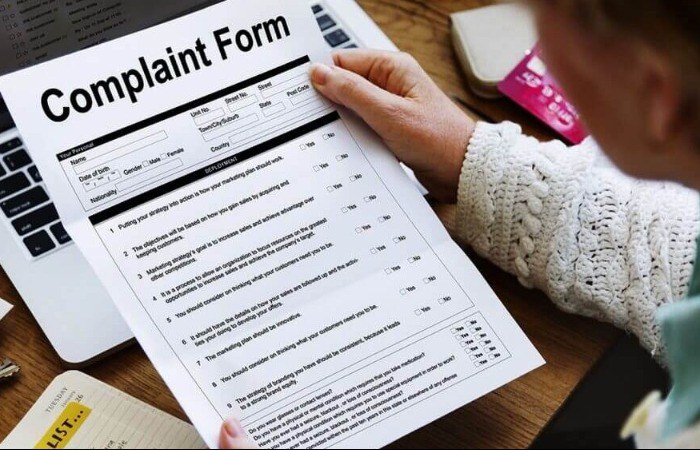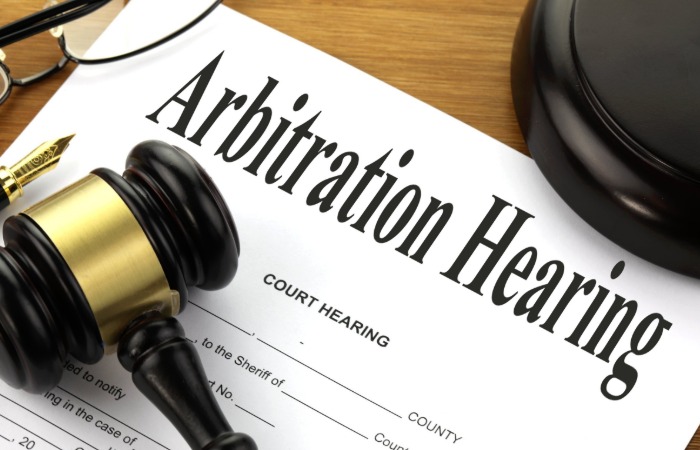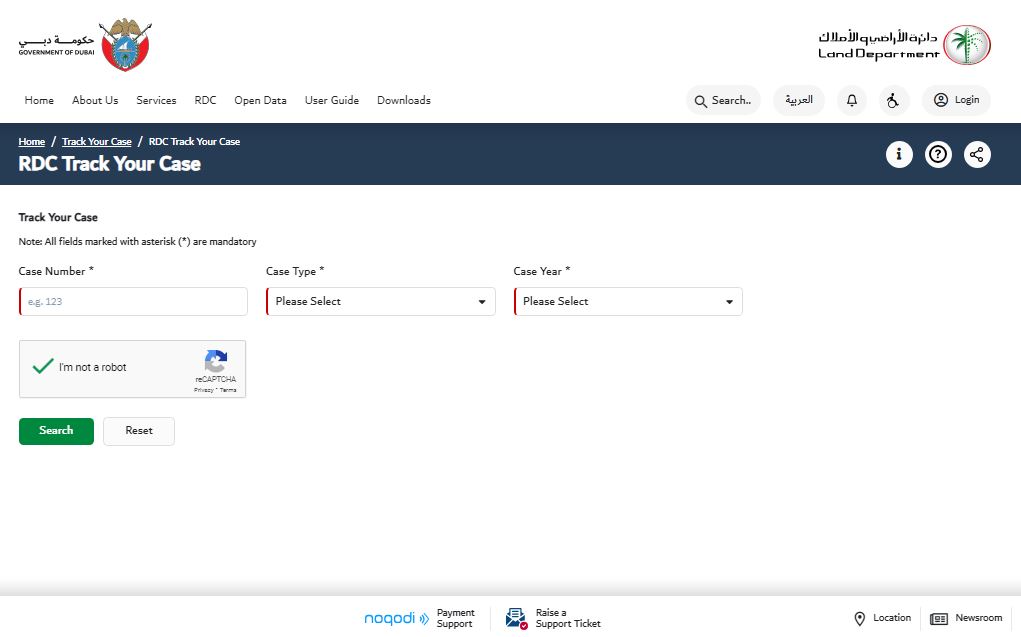Rental disputes between landlords and tenants in Dubai are common in the city’s vibrant real estate market. While many issues are resolved through direct communication, some cases need legal intervention. The Rental Dispute Center Dubai provides a structured process to address these issues efficiently. This blog explains how to handle rental dispute cases in Dubai, including the steps involved and useful resources.
Common Reasons for a Rental Dispute in Dubai
Step-by-Step Guide to File a Rental Dispute in Dubai
How to Track Your Rental Dispute Case
Costs Involved in Filing a Rental Dispute
What Are the Common Reasons for a Rental Dispute in Dubai?

Conflicts can arise for various reasons during a tenancy agreement. The most common reasons include:
- Unpaid Rent: If tenants fail to pay rent on time, landlords may file a dispute.
- Unauthorized Rent Increases: Rent increases not aligned with RERA’s guidelines often lead to disagreements.
- Eviction Problems: Disputes occur when landlords issue eviction notices on unjustified grounds.
- Security Deposit Issues: Tenants may face unfair deductions or delays in refunds.
- Essential Services Disruptions: Landlords cutting off utilities to force tenants to vacate.
When informal discussions fail to resolve these problems, the Rental Dispute Center Dubai becomes the next step.
Step-by-Step Guide: How to File a Rental Dispute in Dubai

If you’re considering filing a rent dispute Dubai case, here’s a clear guide to help you through the process:
Step 1: Understand Your Rights Under Dubai Tenancy Law
Before taking legal steps, it’s important to know the rules outlined in the Dubai RERA Tenancy Law:
- Landlords must give tenants a 90-day notice for rent increases.
- A 12-month notice is required for evictions under specific circumstances, such as using the property for personal reasons.
- Rental disputes involving free zones like JAFZA and TECOM fall outside the RDC’s jurisdiction.
If you’re unsure about the laws, consulting the best rental dispute advocate in Dubai or a legal professional specializing in tenancy disputes is helpful.
Step 2: Collect the Required Documents

To start your rental dispute in Dubai, prepare the following documents:
- Ejari Certificate and Tenancy Agreement
- Copies of cheques issued to the landlord
- Recent DEWA bills
- Landlord’s Title Deed and passport copy
- Tenant’s passport, Emirates ID, and visa copy
- Security deposit receipts
- Evidence of communication, such as emails or notices
Note: Non-Arabic documents must be translated into Arabic before filing.
Step 3: File Your Complaint

You can file a complaint either online or in person:
- In-Person Filing: Visit the Rental Dispute Center Dubai in Deira. A typist will assist in formalizing your complaint and submitting it.
- Online Filing: Use the Rental Dispute Center Dubai website or the Dubai Land Department portal. Upload your documents, complete the form, and pay the required fees.
Step 4: Arbitration and Hearing

1. Arbitration Stage: After filing, the case is sent to arbitration. Both parties are encouraged to reach an agreement within 15 days. If an agreement is reached, it is documented and legally binding.
2. Hearing of First Instance: If arbitration fails, the case moves to the court. Both parties present their evidence to the judge, who delivers a ruling within 30 days.
Step 5: Appeal and Higher Courts

If you disagree with the decision, you can file an appeal:
- Appeals for cases exceeding AED 50,000 must be filed within 15 days.
- Cases above AED 330,000 can be taken to the Court of Cassation.
The process may take time, so consulting affordable lawyers for rental disputes in Dubai can make the process smoother.
How to Track Your Rental Dispute Case

Once you have filed your complaint, you can check the status through the Rental Dispute Center case inquiry tool:
- Visit the Dubai Land Department website.
- Select “Track Your Case” under the RDC section.
- Enter your case details to view updates.
This free service allows you to stay informed about your case’s progress.
Costs Involved in Filing a Rental Dispute
Here is a breakdown of the fees: that you need to keep in mind while planning your rental dispute in Dubai.
- Filing Fee: 3.5% of the annual rent (minimum AED 500, maximum AED 20,000).
- Translation Fee: AED 210 per page.
- Administrative Fee: AED 110.
Tips to Avoid Rental Disputes

Preventing disputes saves time and money. Follow these tips:
- Draft a Clear Tenancy Agreement: Make sure all terms are explicit and mutually agreed upon.
- Register Your Agreement with Ejari: Ejari certification protects your rights and simplifies dispute resolution.
- Maintain Open Communication: Address issues promptly to avoid escalation.
FAQs
How to Lodge a Rental Dispute in Dubai?
To lodge a rental dispute in Dubai, visit the official Dubai Land Department (DLD) website and access the ‘Rent Dispute Resolution Portal.’ Fill in the required information, upload documents, and pay fees online. Attend the hearing virtually through the tele-litigation system to know the verdict.
What is the Rental Dispute Center Dubai contact number?
You can reach the RDC at 800 4488 for any inquiries.
How long does the process take?
The arbitration process takes about 15 days. If the case moves to court, rulings are typically issued within 30 days.
Resolving a rental dispute can seem overwhelming, but with the structured process provided by the Rental Dispute Center Dubai, tenants and landlords have a fair chance to settle disagreements. By understanding tenancy laws, gathering proper documentation, and utilizing the RDC’s services, you can navigate disputes efficiently. Whether you’re filing a case or seeking expert guidance, taking the right steps ensures your rights are protected. Dubai’s rental market is complex, and disputes can disrupt your peace of mind. At Time Homes Real Estate, we offer expert advice to help you navigate tenancy issues while ensuring you find the right property.
For more insights into Dubai’s real estate market and tips for managing your properties, visit Time Homes Property Blog and let us help you make informed decisions.










